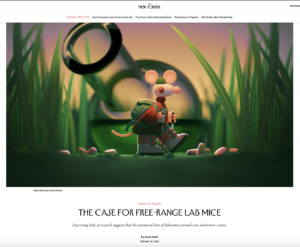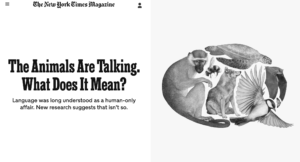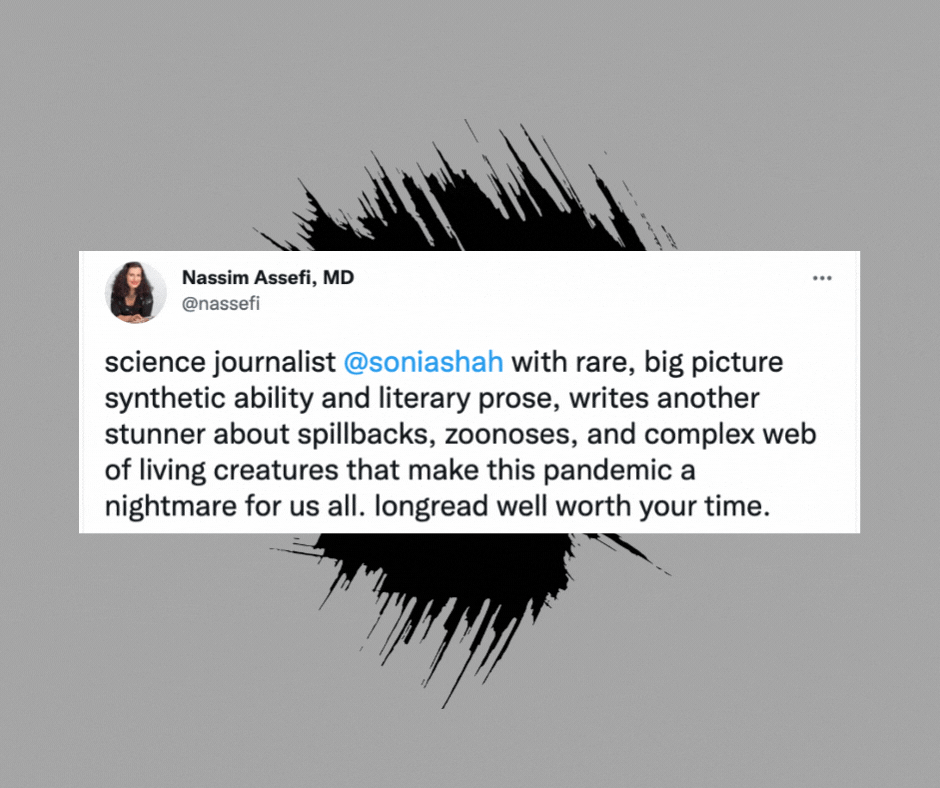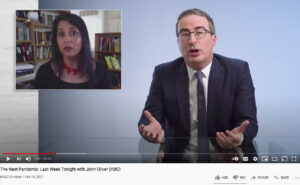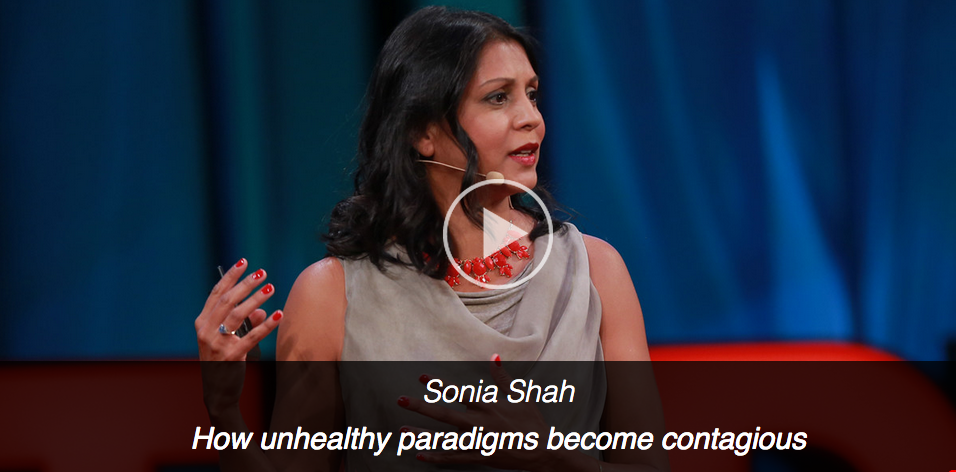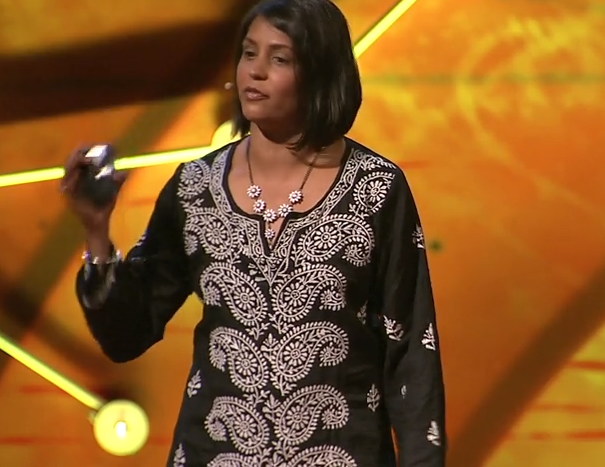From my Washington Post review of a new book by Terry Tamminen, former head of the California EPA, which ran today:
“The corollary to the new truism that Americans are “addicted” to oil is that we can kick the habit just as we did with Big Tobacco — by penalizing the producers of the drug. So says California Gov. Arnold Schwarzenegger’s former environmental adviser, Terry Tamminen, in Lives Per Gallon.
Just like tobacco companies, Tamminen writes, oil and car companies have deceived us into consuming addictive products that pollute the airand make us sick. Describing how automakers and oil companies dismantled the electric trolley systems of numerous American cities in the 1920s, tricked us into using the most polluting fuels and stymied development of cleaner alternatives, Tamminen calls for a fusillade of lawsuits similar to the one that California’s attorney general filed against auto-makers last month for the “public nuisance” of selling greenhouse-gas-spewing cars.
Curtailing tobacco use wasn’t easy,but quitting oil — lifeblood of the economy — would seem quite a bit harder. And yet the Big Tobacco-style approach to slashing oil consumption works for Tamminen because he believes that hydrogen can easily replace oil’s BTUs.
He tries to sell us on hydrogen’s promise with stories about California’s model hydrogen-filling stations and enthuses about hydrogen zapped into being by solar and wind power. His rhetoric –“How many square kilometers of flat roofs are there at just the Kmarts, Costcos, and Wal-Marts of the world?” — would probably sound great ina speech, but significant technical and political challenges are involved in scaling up these technologies. These Tamminen sidesteps, along with the crucial question as to whether making hydrogen from coal or nuclear power — as President Bush, James Lovelock and a host of others advocate — would be any better for the environment than burning oil.
Nevertheless, shifting to hydrogen may well be less burdensome than continuing with ever-scarcer crude. Skeptics, however,won’t be convinced by Tamminen’s accounting, which reads more like the cost of oil to him, not the rest of us. “Perhaps the greatest threat from our oil addiction,” he announces, “is cancer.” That’s a strange assessment, given the threats of petro-fueled terrorism, global instability and climate change. But then again, Tamminen considers diesel exhaust to be “one of the greatest threats to human health” and blames automakers, whom he battled in the Schwarzenegger administration, for his own father’s smog-induced death from emphysema.
Lives Per Gallon‘s portrait of a corporate conspiracy foisting invisible poisons upon us will certainly inflame public anxiety over dependence on oil, but messages of victimization won’t help us solve our energy dilemmas. Crude is, sadly, much more than a fad, and our energy-intense lifestyleis more than the handiwork of deceitful oil and car companies. If only it were so easy.
Sonia Shah is the author of “Crude: The Story of Oil” and “The Body Hunters.”
© 2006 The Washington Post Company




